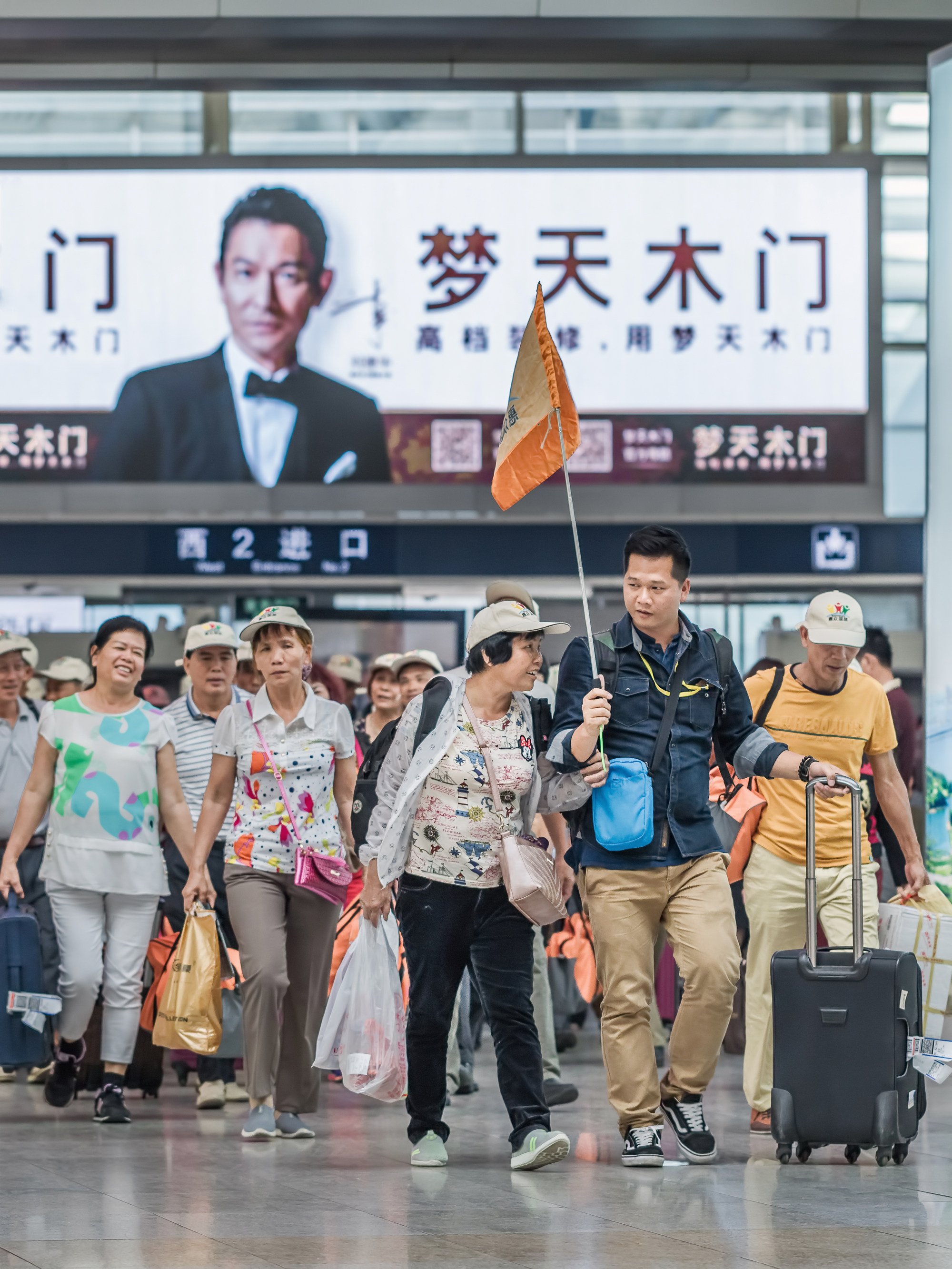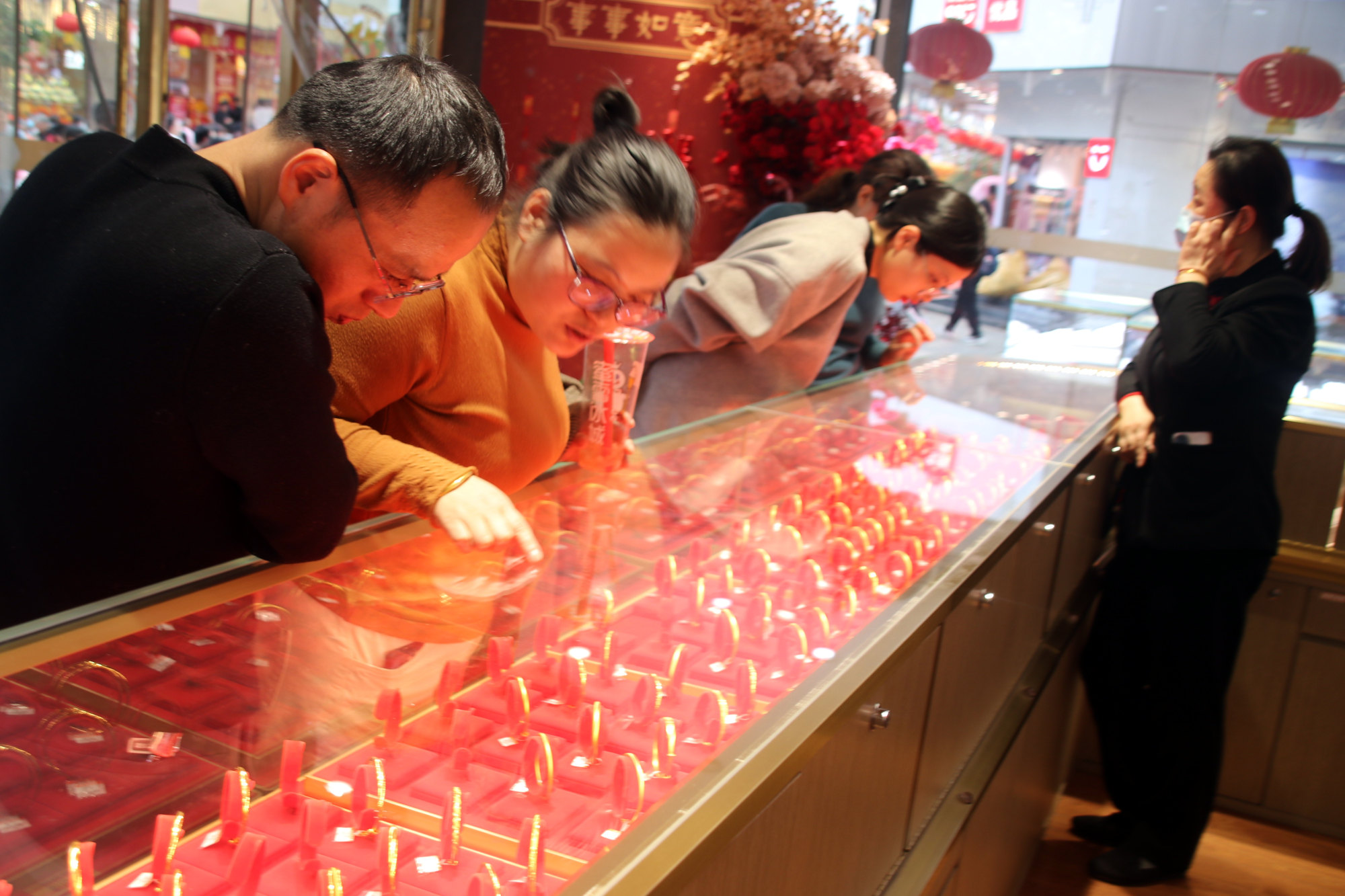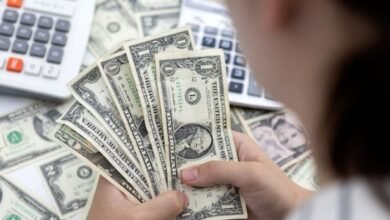Zero-dollar tourism is scourge of China travel industry, but what is it and how can people avoid its many traps?

This marked a 50 per cent increase from 2023, according to the Ministry of Culture and Tourism.
While many travellers prefer group tours for the convenience of having all logistics managed by agencies, however, in a bid to attract customers, some travel tour businesses offer “zero-dollar tours” which claim to cover the cost of transportation, accommodation, and meals.

However, such tours often turn into a trap.
As the business model relies heavily on commissions from tourist shopping, many agencies may use coercion and enticement to ensure spending at selected stores that sell overpriced products.
If shopping quotas are not met, tour guides may refuse transportation or even insult tourists.
In February, a family was told to leave a tour bus by the guide after they refused to buy a gold bracelet costing 50,000 yuan (US$7,000) while travelling in the renowned tourism province of Yunnan in southwestern China.
In another incident in the same province in June 2023, a guide berated passengers who refused to shop.
The situation can be even worse for travellers in unfamiliar locations such as Hong Kong, Macau, and other Southeast Asian countries.
Dodgy tactics
Besides forced shopping, zero-dollar tours may use a range of methods to extract money and exploit tourists.
These include the imposition of additional fees upon arrival at destinations, or including only free, often unremarkable, tourist spots on the itinerary.
If tourists refuse to pay the extra fees, guides may retaliate by withholding transportation, accommodation or meals.
In addition, by limiting the itinerary to less notable sites that are free to enter, tourists may find themselves spending considerable time missing out on enriching and valuable experiences.
Red flags
Such tours can offer some benefits like saving money and effort.
However, the key to enjoyment is to stay alert and rational when it comes to shopping.
One elderly man, surnamed Guo, shared his experience of a budget trip to Hong Kong with the media outlet, Tide News.
“At my age, I’m not adept at planning trips. This way of travelling is very convenient for me. Even when I enter a shopping store, I simply control myself not to make any purchases,” said Guo.
“Not buying anything won’t hurt. At worst, I might face some anger from the tour guide, or I’ll just buy something minor,” he added.

A woman, surnamed Zhu, who joined on a 68-yuan (US$9) one-day tour to Yiwu, in eastern China’s Zhejiang province, said:“Being able to go for just 68 yuan is great!
“I’ve been on such tours before and am familiar with their tactics. If the items are inexpensive, buying a little is OK with me!”
China’s Tourism Law explicitly forbids travel agencies from organising trips at unreasonably low prices to entice tourists and obtain commissions through arranged shopping or additional paid activities.
Consumers are advised to select reputable travel agencies, sign formal contracts and make official complaints about underhand travel firm tactics.
Source link





